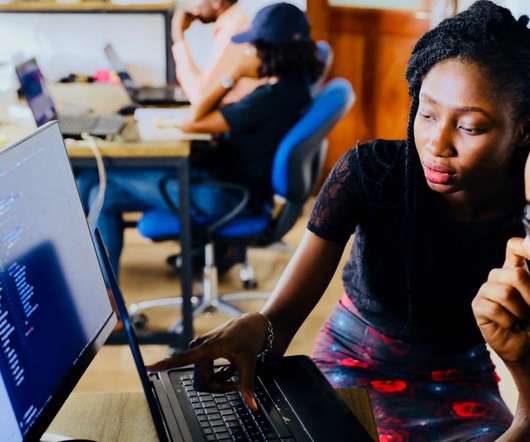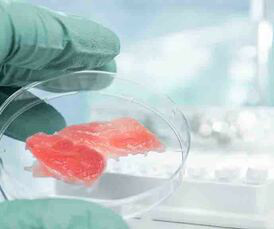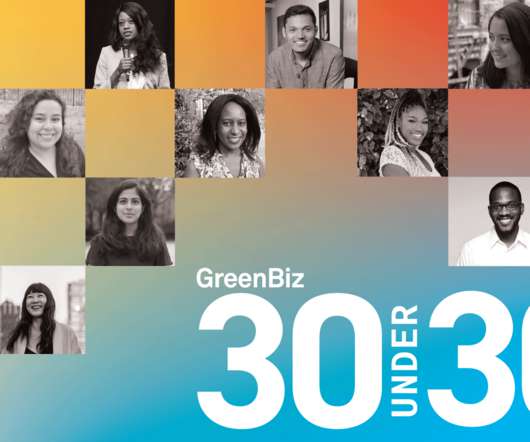Life sciences expert and former FT journalist joins IBioIC to lead industry engagement
Envirotec Magazine
MARCH 11, 2021
The Industrial Biotechnology Innovation Centre (IBioIC) has appointed Liz Fletcher as its new director of business engagement and operations, to support the growth of Scotland’s developing bioeconomy and delivery of the National Plan for Industrial Biotechnology. Liz Fletcher.















Let's personalize your content